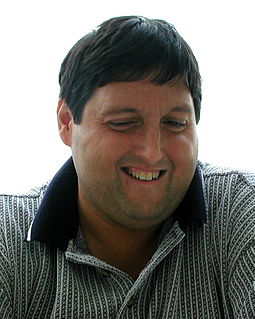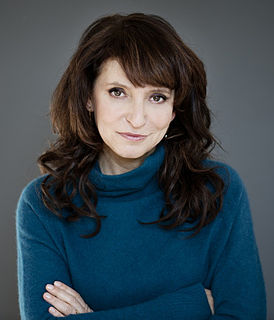A Quote by Nicolas Chamfort
Almost the whole of history is but a sequence of horrors.
Related Quotes
We normally think of history as one catastrophe after another, war followed by war, outrage by outrage - almost as if history were nothing more than all the narratives of human pain, assembled in sequence. And surely this is, often enough, an adequate description. But history is also the narratives of grace, the recountings of those blessed and inexplicable moments when someone did something for someone else, saved a life, bestowed a gift, gave something beyond what was required by circumstance.
Imagine it's 1981. You're an artist, in love with art, smitten with art history. You're also a woman, with almost no mentors to look to; art history just isn't that into you. Any woman approaching art history in the early eighties was attempting to enter an almost foreign country, a restricted and exclusionary domain that spoke a private language.
One of my many horrors is to become the man with the frayed jacket and unfastened flies standing at the Co-op counter with egg on his shirt and more too because the mirror in the hall has given up the ghost. A shipwrecked man without an anchor in the world except in his own liquid thoughts where time has lost its sequence.






































